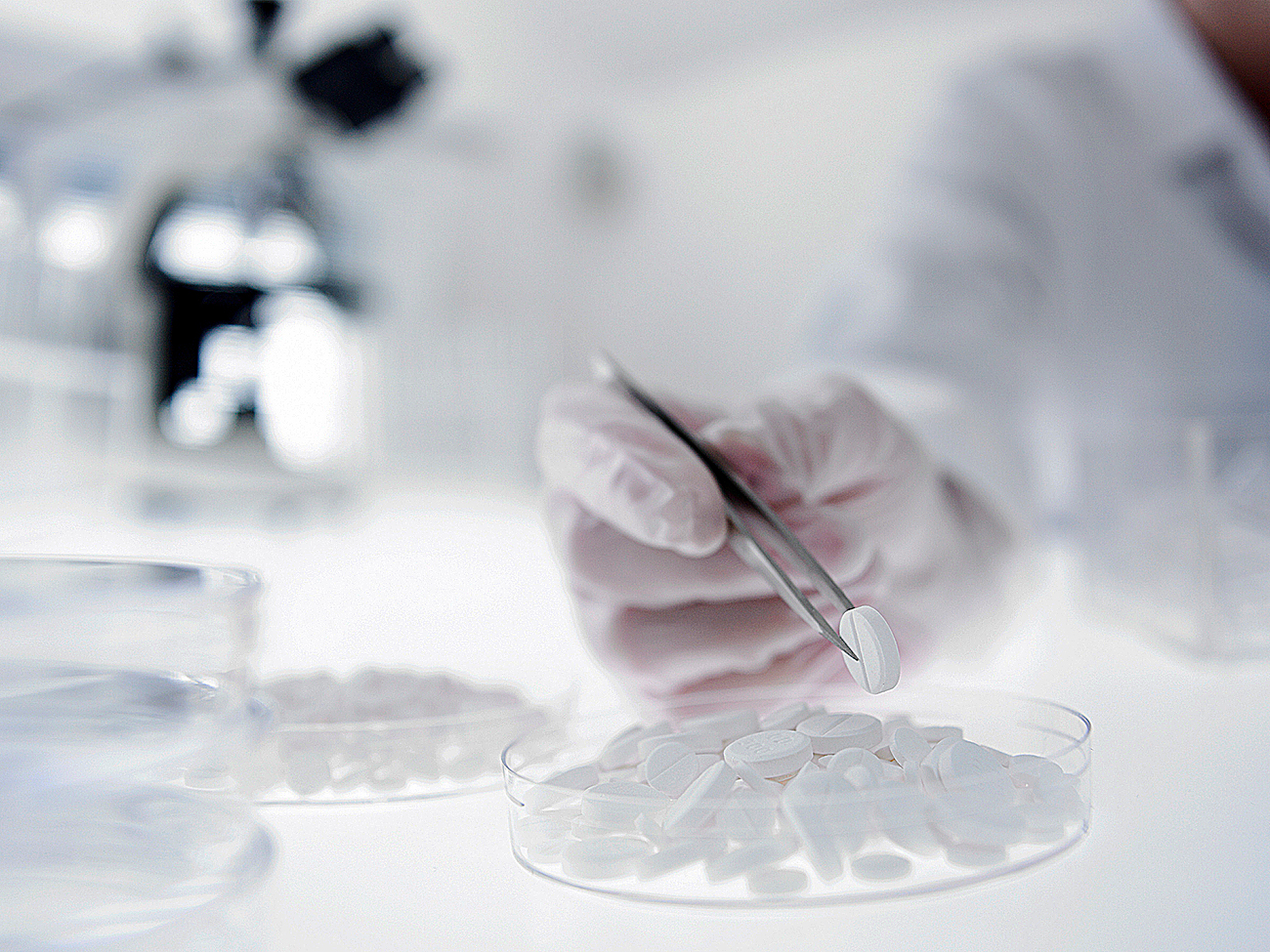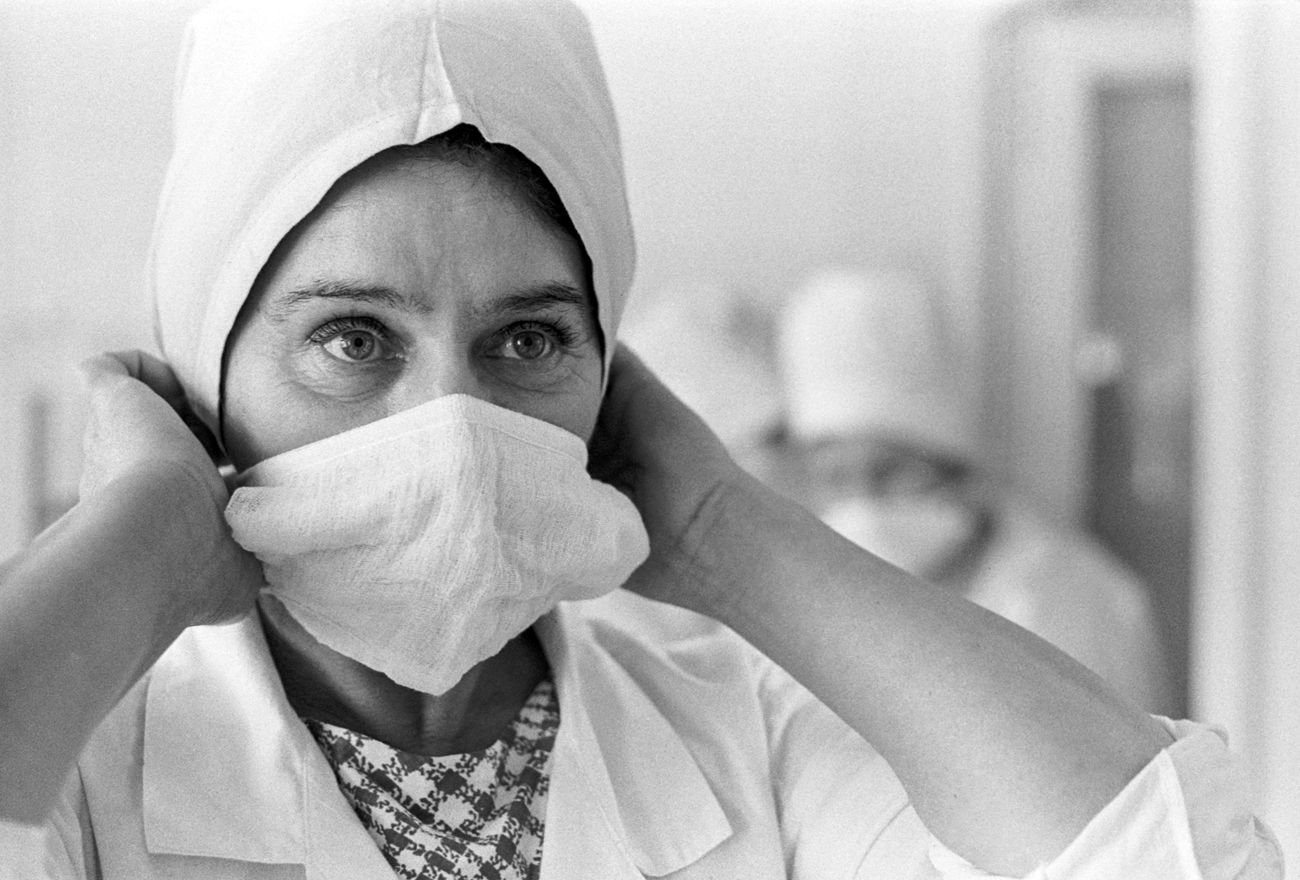Russian scientists offer drug addicts hope for a new life

The RAS Institute of Physiologically Active Substances designed a compound that blocks opioids such as heroin and morphine from ever reaching the brain.
Getty ImagesAlmost six percent of Russia’s population, or 8.5 million people, are drug addicts according to official government statistics. About 90 percent use heroin occasionally, making Russia the world’s per capita leader for this drug.
The RAS Institute of Physiologically Active Substances designed a compound that blocks opioids such as heroin and morphine from ever reaching the brain. Marina Myagkova, who heads the research project, said the new molecule works in the bloodstream to create opioid-specific antibodies that will stop the joyful, euphoric effects sought by people who abuse drugs.
“It’s a new generation of drugs, with no analog on the market,” said Myagkova. “There are institutions doing similar work abroad, all of them in the early stages of research and development.”
The new medication will work like a vaccine that lasts for up to a year, requiring revaccination every six months for sustained results. The researchers have one peer-reviewed paper published in 2016, and they also have a patent.
Preclinical trials will start later this year, and if successful researchers hope to move to clinical trials in 2019 in partnership with a pharmaceutical company. “If all stages are successful, the drug may be available in 2023,” said Myagkova.
Myagkova’s project, however, is not the first of its kind in Russia, said Natalia Gamaleya, head of the immunochemistry lab at the Narcology Research Institute, adding that the immunological approach to treatment is a feasible one, but similar research has been ongoing at her institution since 2011. Her lab has its own ‘vaccine’ compound patent, issued in 2015, and preclinical trials are already underway.
Other medical professionals have doubted the efficacy of this proposed treatment strategy, saying any drug-based intervention would likely only have a temporary effect, and there would still be a need for psychotherapy.
The World Health Organization's guidelines on treatment of opioid dependence state that no single treatment is effective for all individuals, and rather, “diverse treatment options are needed, including psychosocial approaches and pharmacological treatment.”
Read more: Who wants to live forever? Russian scientists make advances in anti-aging>>>
If using any of Russia Beyond's content, partly or in full, always provide an active hyperlink to the original material.
Subscribe
to our newsletter!
Get the week's best stories straight to your inbox
